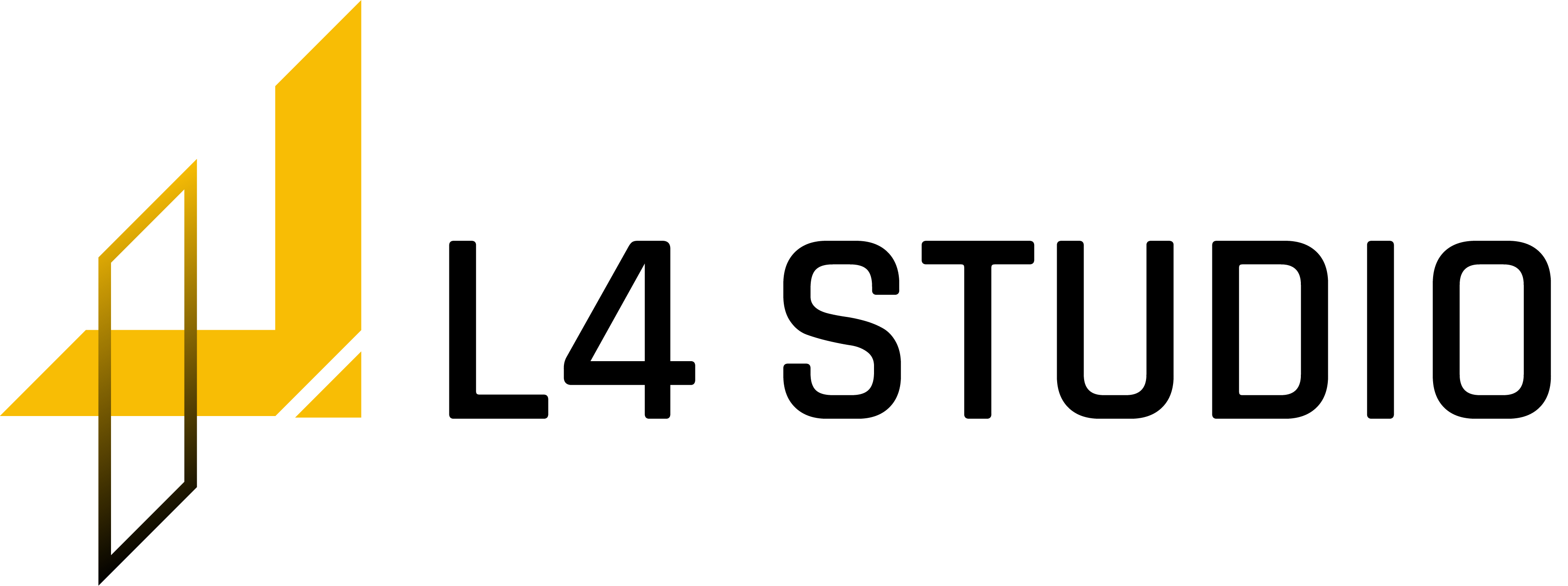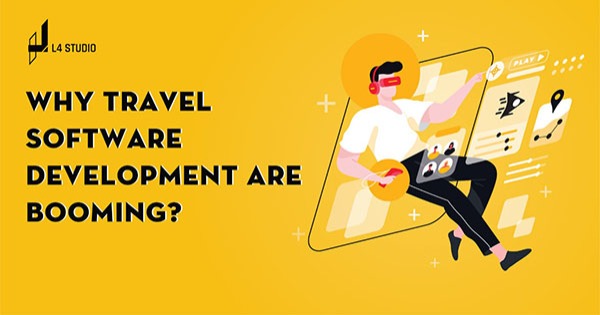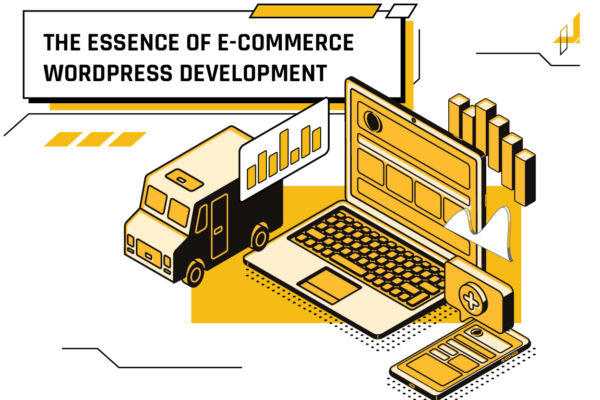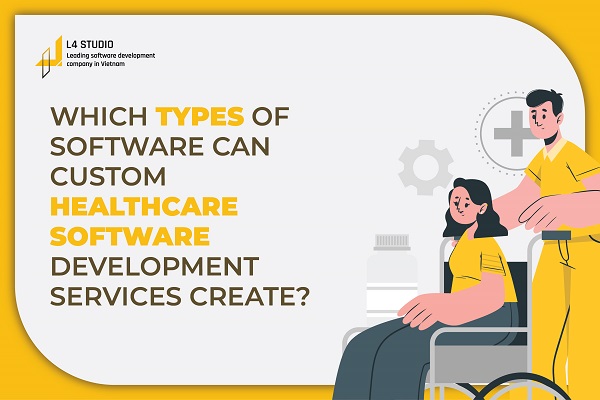
WHICH TYPES OF SOFTWARE CAN CUSTOM HEALTHCARE SOFTWARE DEVELOPMENT SERVICES CREATE?
The workflow in the healthcare industry has undergone a significant transformation in recent years. By streamlining complex processes, hospitals and other healthcare facilities began integrating technology into their daily operations. But what sector can custom healthcare software development services help?
Medical software comes in a variety of forms. Each accomplishes a different task and has unique advantages for patients, doctors, healthcare institutions, and the overall healthcare ecosystem, so let’s find out some standard software.
1. EHR SOFTWARE
A digital database called Electronic Health Recording software is used to compile data about patients, such as their medical histories. It reduces the number of paperwork doctors need to complete and ensures storage security. Then, making it one of the most common types of medical software that custom healthcare software development services develop.
This kind of software typically includes a wide range of features. It begins from the management and storage of medical data to customized templates to meet the needs of medical staff. As a result, it streamlines the EHR workflow and equips the practice to provide its patients with better medical care.
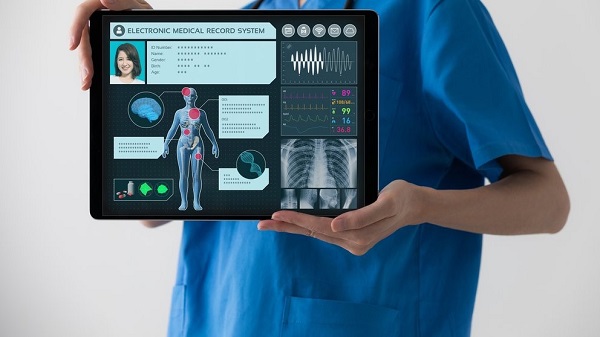
Figure 1. EHR systems can have various of usage, from storing information to managing patients
2. SOFTWARE FOR HOSPITAL MANAGEMENT
Hospital administration and staff are supported in their daily tasks by a fully integrated system called hospital management software. Where custom healthcare software development services aid in the creation and execution of policies, ensures employee coordination and communication, automate repetitive tasks, create patient-centered workflows, promote services, manage human and financial resources, and maintain a continuous supply chain.
Such software frequently integrates with EHR solutions to simultaneously assist in tracking patient records. A hospital information system’s components can be selected and combined to create a comprehensive system that complies with quality standards, industry standards, and the needs of the healthcare sector.
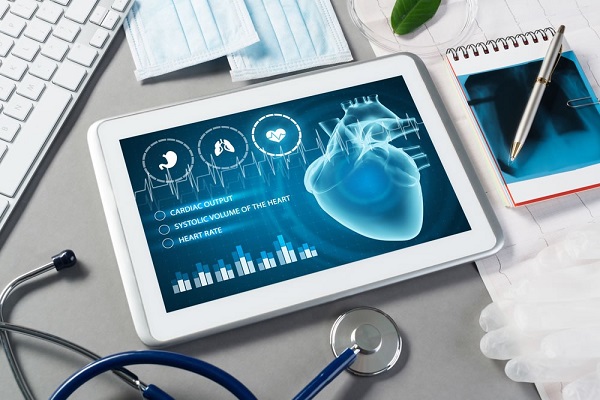
Figure 2. With advances in medical software, doctors can simulate patient organs to have more accurate diagnostics
3. IMAGING SOFTWARE FOR HEALTH
Diagnostic information on diseases like cancer, neurological, gynecological, and cardiovascular conditions is provided by medical imaging. Medical professionals can operate with MRI/CT/PET scans more effectively and create 3D models of various body systems and organs in a real-time visual representation, thanks to specialized software in this field.
By 2025, the market for medical imaging analytics software is expected to be worth more than $4.2 billion, as predicted. This kind of software will significantly improve doctors’ expertise in conjunction with AI, machine learning, and deep learning. For instance, the interpretation of data from medical imaging software can indicate a need for immediate hospitalization.
4. SOFTWARE FOR MEDICAL DIAGNOSIS
Medical diagnosis software helps doctors to identify suspicious symptoms. Then, making the correct diagnosis, and share in-system patient records in real time. There are many custom healthcare software development services usually employ AI tools to analyze data gathered. After that, it will produce the best possible diagnosis and solutions.
It became essential for both patients and medical staff during the pandemic when personal contact needed to be minimized. Patients can check their symptoms without visiting the hospital, and doctors can diagnose illnesses and monitor disease progression remotely.
5. SOFTWARE FOR MEDICAL BILLING
With a few clicks, this kind of software can automate billing procedures and keep tabs on all financial operations (invoices, insurance claims,…). The number of manual errors that can occur when transferring personal data manually between systems is decreased by healthcare billing software. Transactions became more transparent and secure with a single-base program.
6.HEALTH INFORMATION EXCHANGE SOFTWARE
Health Information Exchange (HIE) software is designed to facilitate the secure and efficient sharing of patient data between healthcare providers, hospitals, and other healthcare organizations. The primary goal of an HIE is to improve the coordination and quality of patient care by ensuring that all healthcare providers involved in a patient’s care have access to the same up-to-date information.
The types of patient data that can be exchanged through HIE software include medical records, lab results, imaging studies, medication lists, and care summaries. This data is made available to authorized healthcare providers in real-time, allowing them to make informed decisions about patient care.
One of the primary benefits of HIE software is that it can help healthcare providers avoid redundant and unnecessary tests and procedures. When healthcare providers have access to a patient’s complete medical history, they can avoid repeating tests that have already been performed or prescribing medications that the patient is already taking.
7. MOBILE HEALTH SOFWARE
Mobile Health (mHealth) software refers to a variety of healthcare-related applications and services that can be accessed through mobile devices such as smartphones and tablets. mHealth software enables patients to access health-related information, receive healthcare services, and manage their health on-the-go, from anywhere and at any time.
mHealth software can benefit patients by providing them with greater control over their health, and enabling them to manage their health more effectively. For example, patients can use mHealth software to track their health metrics, set health goals, and receive personalized recommendations based on their health data.
mHealth software can also benefit healthcare providers by enabling them to monitor patient health remotely, improving the efficiency of healthcare delivery, and reducing healthcare costs. In addition, mHealth software can help healthcare providers to reach underserved populations, such as those in rural or remote areas, by providing access to healthcare services through mobile devices.
8. CLINICAL DECISION SUPPORT SOFTWARE
Clinical Decision Support (CDS) software is a type of healthcare software that provides healthcare providers with relevant information and insights to aid in the decision-making process. The goal of CDS software is to improve the quality of patient care, reduce medical errors, and increase efficiency in healthcare delivery.
Examples of CDS software include clinical decision support systems for medication management, disease management, and diagnostic support. For medication management, CDS software can help healthcare providers determine the appropriate medication, dosage, and route of administration based on a patient’s medical history, allergies, and other relevant data. For disease management, CDS software can assist healthcare providers in developing a care plan that is tailored to the patient’s specific condition and needs. For diagnostic support, CDS software can help healthcare providers interpret test results and identify potential health risks or conditions.
CDS software can be integrated with electronic health record (EHR) systems to provide healthcare providers with a comprehensive view of patient data and insights. By providing healthcare providers with relevant information and insights at the point of care, CDS software can help improve the quality of care, reduce medical errors, and enhance patient outcomes.
9. MEDICAL DEVICE SOFTWARE
Medical devices are increasingly being used to monitor patients’ health in real-time. And they generate a large amount of data that needs to be integrated with healthcare information systems. Medical device software can help healthcare providers to access and analyze this data in real-time. It also enables them to make more informed decisions about patient care.
Medical device software can be used in a wide variety of medical devices, including but not limited to:
- Patient monitoring devices such as blood glucose monitors, blood pressure monitors, and electrocardiograms (ECG) monitors.
- Diagnostic equipment such as X-ray machines, CT scanners, and MRI machines.
- Wearable devices such as fitness trackers, smartwatches, and other health and wellness monitors.
Medical device software can perform a wide range of functions, such as data acquisition, data processing, data storage, data analysis, and data visualization. It can also provide alerts and notifications to healthcare providers when specific parameters fall outside of normal ranges, enabling them to take appropriate actions quickly.
One of the key advantages of medical device software is that it can integrate with other healthcare information systems, such as electronic health records (EHRs), to provide a complete view of a patient’s health. This integration can help to reduce errors, improve patient outcomes, and enhance the overall quality of care.
Overall, medical device software is an essential component of healthcare software development, enabling healthcare providers to monitor and manage patient health data in real-time and make more informed decisions about patient care.
10. PATIENT PORTAL SOFTWARE
Patient portals are secure online websites or mobile applications that enable patients to access their medical information and interact with healthcare providers. Patient portals are a type of custom healthcare software application that can be developed by healthcare software development services to provide patients with convenient and easy access to their healthcare information.
Patient portals can improve patient engagement, satisfaction, and outcomes by empowering patients to take an active role in their healthcare. Patient portals also enable healthcare providers to streamline communication and administrative tasks, enhance care coordination, and improve the quality of care. Overall, patient portals are a valuable tool for patients and healthcare providers to collaborate and communicate effectively.
SUMMARY
Custom healthcare software is now in full bloom, as can be seen. It is not surprising given the advantages that digitalization offers to healthcare organizations, professionals, and patients. That is why custom healthcare software development services were born to help everyone to get more satisfied when using medical services.
Source: Internet
——————————
L4 STUDIO – LEADING SOFTWARE DEVELOPMENT COMPANY IN VIETNAM
Website: https://l4studio.net/
Email: hi@l4studio.net
Phone: (+84) 28 6675 6685
Our Mobile App Development Services: https://l4studio.net/mobile-app-development/
For more exciting blogs: https://l4studio.net/it-knowledge/
Follow us at: https://www.facebook.com/L4Studiovn/
Read more: SHOULD YOU BE CONCERNED ABOUT ECOMMERCE DEVELOPMENT COST?
